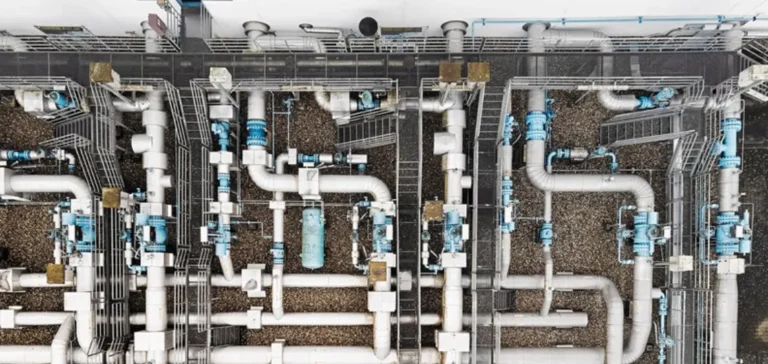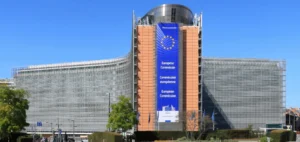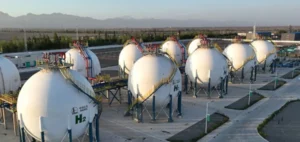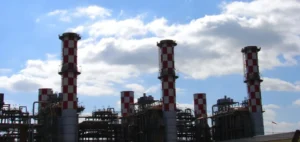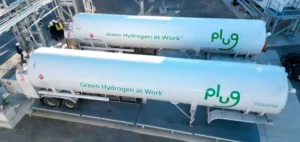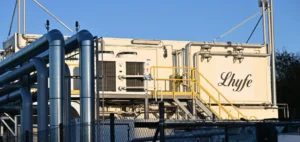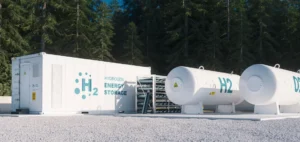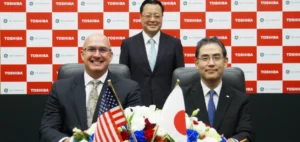The European Commission has announced a €3.5mn grant to two network operators, Germany’s terranets bw GmbH and France’s NaTran SA, to finance preliminary studies for a cross-border green hydrogen infrastructure project between Germany and France. Named Rhine HYdrogen Network Interconnection (RHYn Interco), this initiative falls within the Connecting Europe Facility for Energy (CEF) programme, aiming to facilitate the development of energy infrastructures across Europe.
Strategic cross-border development
The planned network will form the first system entirely dedicated to hydrogen transport in Baden-Württemberg, connecting Freiburg im Breisgau with the Grand Est region in France. RHYn Interco will thus facilitate diversified hydrogen imports into Germany, providing efficient connections to production hubs in France. The project anticipates initial commissioning as early as 2029, offering industrial consumers and mobility stakeholders direct access to hydrogen infrastructure.
The awarded funding comes from the European CEF programme, designed to support infrastructure identified by the European Commission as Projects of Common Interest (PCI). These projects aim to enhance energy security and promote market integration across Europe.
Regional economic and industrial potential
Eventually, RHYn Interco will become part of a German national green hydrogen distribution network, scheduled for completion by 2032. This network is expected to reach around 9,000 kilometres, linking green hydrogen production and import hubs with major industrial consumption centres. Stephanie Seybold, head of the RHYn Interco project at terranets bw GmbH, stated, “Reliable hydrogen supply requires diversified import routes,” adding that the project “establishes a robust connection with France.”
The planned infrastructure will gradually extend network access to the Offenburg and Kehl regions from 2035, addressing growing hydrogen demand in these key industrial and logistical areas.
Strategic dimension of the European project
Katrin Flinspach, Managing Director at terranets bw GmbH, highlighted the significance of European support for “developing future-oriented hydrogen infrastructure.” According to her, the EU’s financial support confirms the strategic importance of this project for long-term energy security in Germany and Europe. This initiative reflects a European drive to strengthen shared energy infrastructure, essential for a competitive industrial economy.


